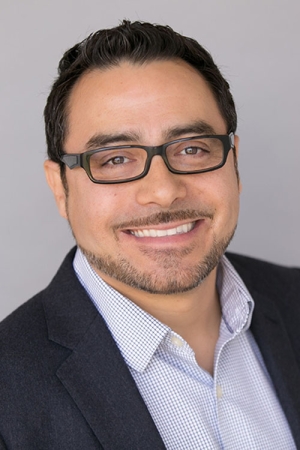BioMed Op-Ed: The Role of Medicaid in Reducing Addiction Treatment Disparities for Mexican Americans
August 22, 2017 / by Erick Guerrero- Opinion
Recent expansion of Medicaid has been a first step in reducing health-care disparities in the United States. This is particularly true for publicly funded substance use disorder treatment, for which Medicaid has become the largest payer. Recently published research in Substance Abuse Treatment, Prevention, and Policy looked to explore whether disparities in addiction treatment were associated with treatment programs’ acceptance of Medicaid payments.
For treatment of substance use disorder, much research has focused on differences between Whites and African Americans in service access and use, but little has addressed disparities for Latinos, the fastest-growing population in the United States.
Scant attention has been given to Mexican Americans, the largest population of uninsured individuals and most critically underserved ethnic minority group in the United States. Given limited resources, Mexican Americans with substance-use disorder are more likely to seek treatment from publicly funded programs.
To better understand potential disparities in treatment of substance-use disorder for Mexican Americans, we analyzed data from the substance-use disorder treatment system in more than 100 publicly funded programs in Los Angeles County, California.
Read more in BioMed Central.
To reference the work of our faculty online, we ask that you directly quote their work where possible and attribute it to "FACULTY NAME, a professor in the USC Suzanne Dworak-Peck School of Social Work” (LINK: https://dworakpeck.usc.edu)
